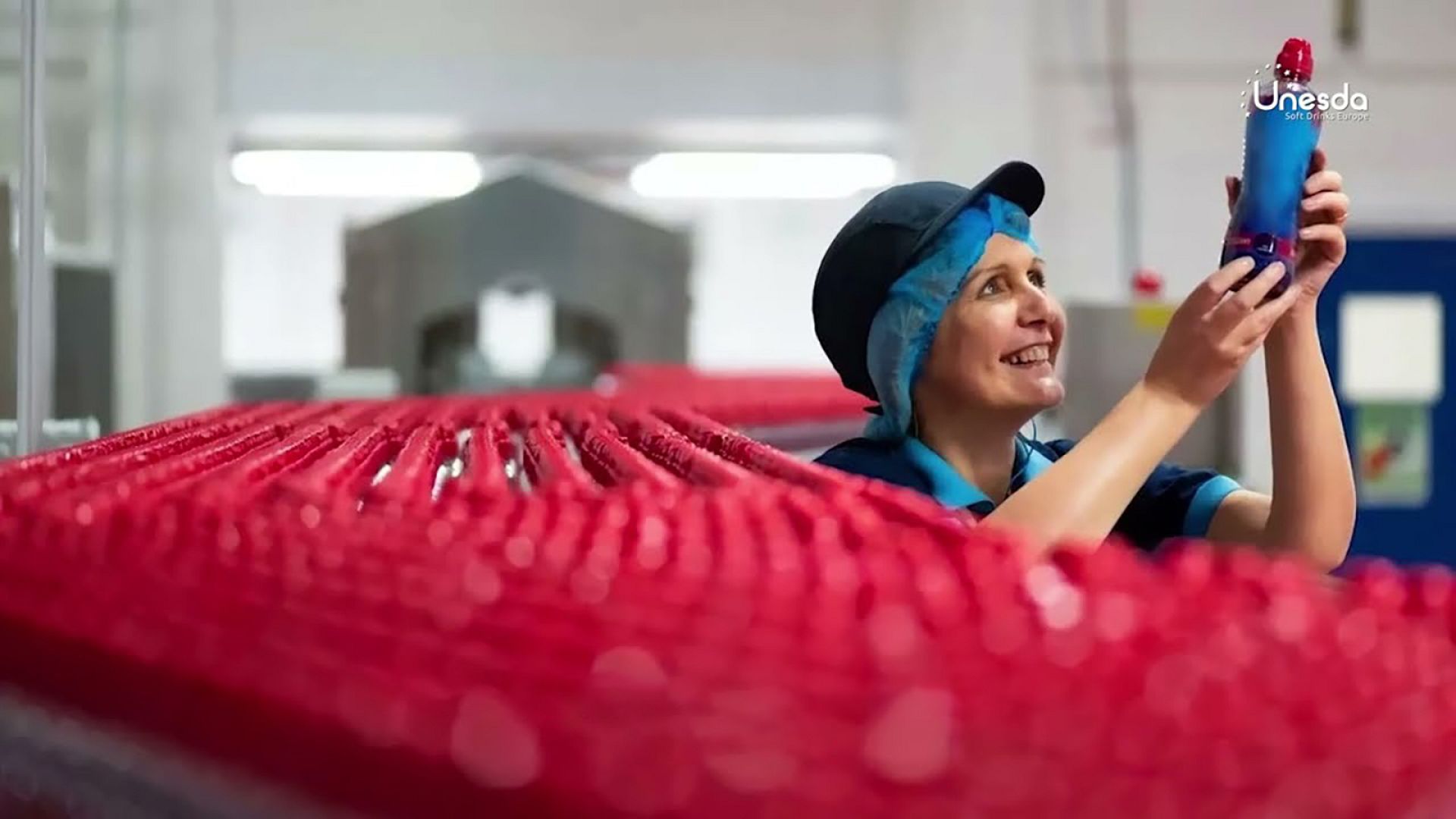How Europe can support its food and drink industry to remain competitive and sustainable
The European soft drinks sector seeks a supportive regulatory framework to maintain competitiveness and promote environmental sustainability. They emphasize the need for science-based policies, better data, and harmonized environmental laws to drive meaningful change.

From 6 to 9 June 2024, millions of EU citizens undertook the important task of electing the new 720 Members of the European Parliament (MEPs) who will shape the course of the EU over the next five years. It was noteworthy to see so many EU voters strongly engaged in these elections, leading to a considerable rise in overall voter turnout.
The European elections are a crucial moment for assessing and redefining the direction of the EU’s policies that affect every aspect of our businesses and lives, from environmental regulations to economic and social policies.
In our view, the outcome does send a strong signal that the EU should continue prioritising a sustainable, growth-oriented agenda to maintain the competitiveness of European businesses and advance environmental sustainability. However, at the same time we also see a strong call for policymakers to renew engagement with industry through deeper collaboration while focusing on the proper implementation of existing legislation.
What policy support does our sector need?
For many years, the European soft drinks sector has demonstrated leadership in promoting a more sustainable and healthier food and drink system in Europe and we remain committed to making a positive impact, as we outlined boldly in our 2024-2029 Manifesto.
We see the new EU legislative term as an opportunity to drive further progress through strengthened collaboration with policymakers to create a supportive regulatory framework. In our view, here’s what is essential to consider:
1. Ensuring Europe’s competitiveness is key to our sector’s sustainable growth
With more than 500 production facilities across Europe supporting over 1.8 million jobs, the European soft drink sector is a key player in the future of Europe. For every job in soft drinks production, another seven jobs are created in our value chain, in a range of sectors including agriculture, raw materials, manufacturing, packaging, marketing, transport, retail and catering.
We are a distinctive local sector that proudly supports thousands of European agricultural communities and businesses: we manufacture 97% of soft drinks within Europe and we source more than 85% of our ingredients from Europe as well.
Our contribution to the EU’s economy and society is nothing short of significant with our value chain estimated to be worth €242 billion annually. Therefore, staying a competitive sector is vital. To achieve this, policymakers should provide regulatory certainty and secure a strong single market at the heart of EU policy, with uniform implementation of EU food and environmental legislation. It is now time to prioritise the implementation of current legislation over new policies to provide businesses with legal predictability to incentivise investments.
In addition, ensuring new legislation is science-based and built upon thorough and high-quality impact assessments couldn’t be more important.
2. Supporting balanced diets through evidence-based policies and reliable EU-wide data
Our sector stands firmly committed to encouraging Europeans towards healthier lifestyles through our intensified efforts to reduce the average sugar content in our soft drinks, and not to market and advertise our beverages to children under 13. To support us in these actions, policymakers should promote balanced diets based on a multi-stakeholder approach and science-based policies that do not discriminate against ingredients approved as safe by health authorities, and which enable food innovation, such as low/no-calorie sweeteners. These ingredients provide a sweet taste with no or hardly any calories, making them an effective tool in helping consumers to manage their sugar intake.
It is also fundamental that policies are grounded in comparable, robust and EU-wide food and drink consumption data. Based on our own research, it is clear that existing food and drink consumption data is outdated and inappropriate to design effective policies. Establishing a robust and accurate dataset is critical to gain reliable insights into consumption patterns across Europe, thus ensuring informed decision-making.
3. Driving environmental sustainability
Our sector is taking concrete steps in environmental stewardship throughout our value chain with a particular focus on reducing our carbon footprint, protecting water resources, improving energy efficiency and achieving packaging circularity.
Greater strides in these areas are possible with the support of policymakers for a proper and harmonised implementation of key environmental laws. When it comes to packaging circularity, we also need support for well-designed collection systems and a stable supply of recycled materials, enabling beverage containers to be recycled into new beverage containers. Last but not least, it is necessary to prioritise water policies promoting the conservation and restoration of water resources and providing fair and equitable access to water for citizens and businesses.
As a sector known for our proactive and constructive approach, we stand ready to engage with all stakeholders, and are prepared to work hand in hand with policymakers to ensure a stable and enabling regulatory environment that helps us drive meaningful change.
What is Your Reaction?
 Like
0
Like
0
 Dislike
0
Dislike
0
 Love
0
Love
0
 Funny
0
Funny
0
 Angry
0
Angry
0
 Sad
0
Sad
0
 Wow
0
Wow
0














































































